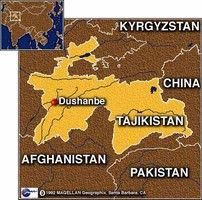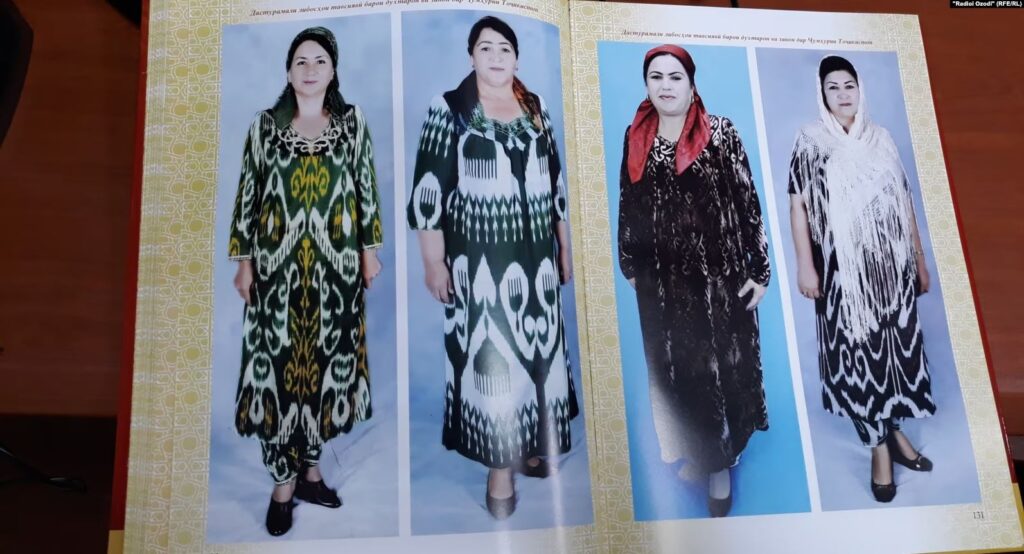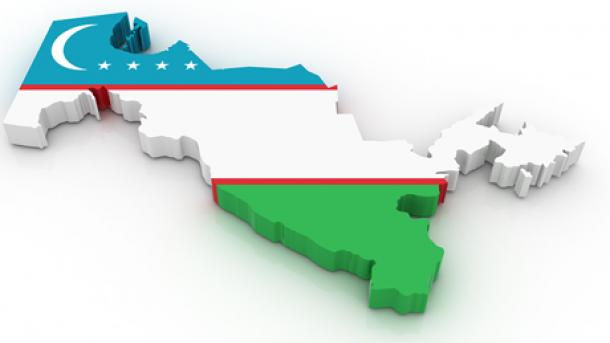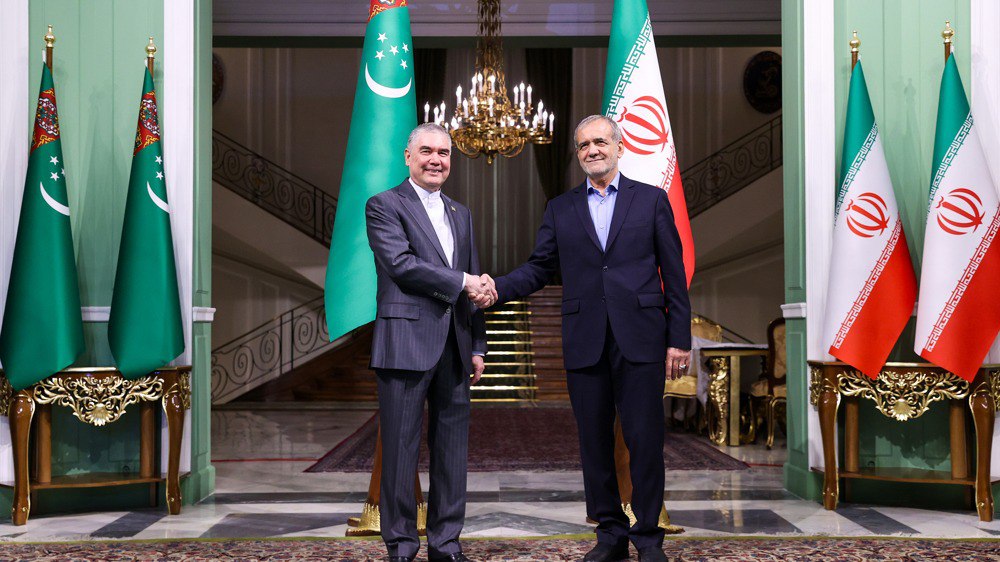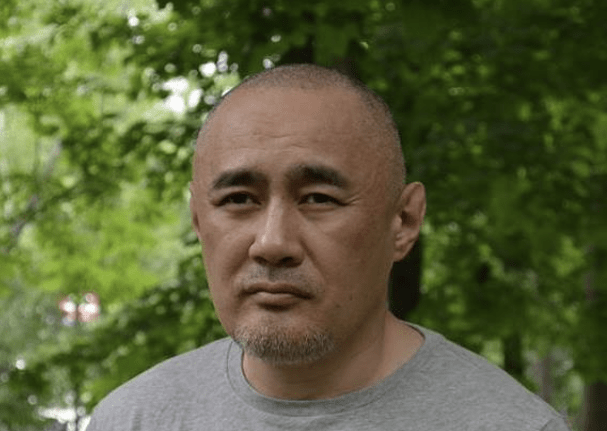DUSHANBE (TCA) — Tajikistan has accused Iran of backing high-profile killings during the Tajik civil war in the 1990s, including the assassination of the former chairman of the Tajik parliament Safarali Kenjaev in 1999, RFE/RL’s Tajik Service reports.
In a 45-minute documentary broadcast on Tajik state television on August 8, the Tajik Interior Ministry claimed that Tehran was interested in fomenting civil war in Tajikistan, and it provided financial assistance to the Tajik Islamic Party and trained its militants on Iranian territory.
According to the Ministry, Iranian financial support and instructions to carry out assassinations were conveyed to Islamic Party militants through Khoji Halim Nazarzoda, a former deputy defense minister who was one of the Islamic Party’s commanders in the 1990s. Nazarzoda was killed in November 2015 during an anti-coup operation near the Tajik capital Dushanbe.
A number of Tajik public figures — Professor Mohammad Aseemi, Dr. Yusuf Isaki, novelist Saif Afardi, presidential political adviser Karim Yuldashev, the former Grand Mufti of Tajikistan — and 20 Russian officers were assassinated between 1997 and 2004.
A man who introduced himself as a former Islamic party fighter in the documentary said that he traveled to Iran in 1995 and received sabotage training along with 200 compatriots in the city of Qom. He said he returned to Tajikistan in 1997 with clear instructions to kill political and public figures.
Iran and Russia acted as mediators in the Tajik negotiation process which ended the five-year civil war in 1997.
The documentary aired amid tensions between Tajikistan and Iran over Tehran’s support for the Tajik Islamic party, which the Supreme Court of Tajikistan has declared a terrorist group.
The documentary represents the first time Dushanbe has openly accused Iran of financing and directing political murders that happened two decades ago.
